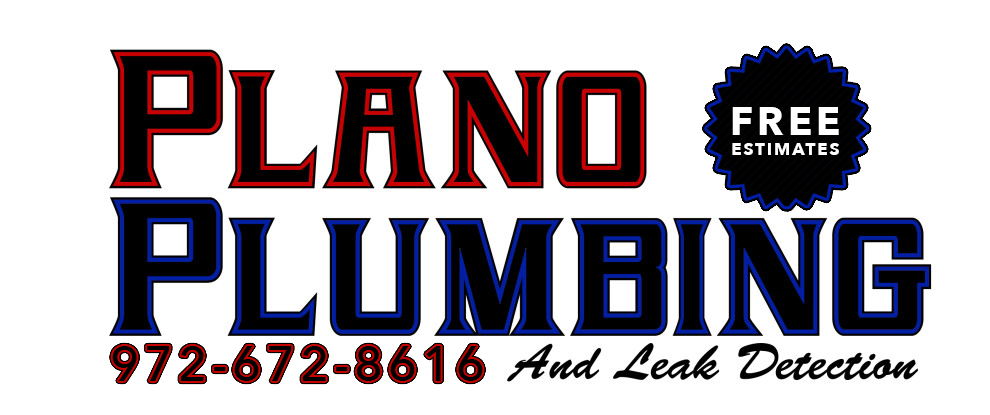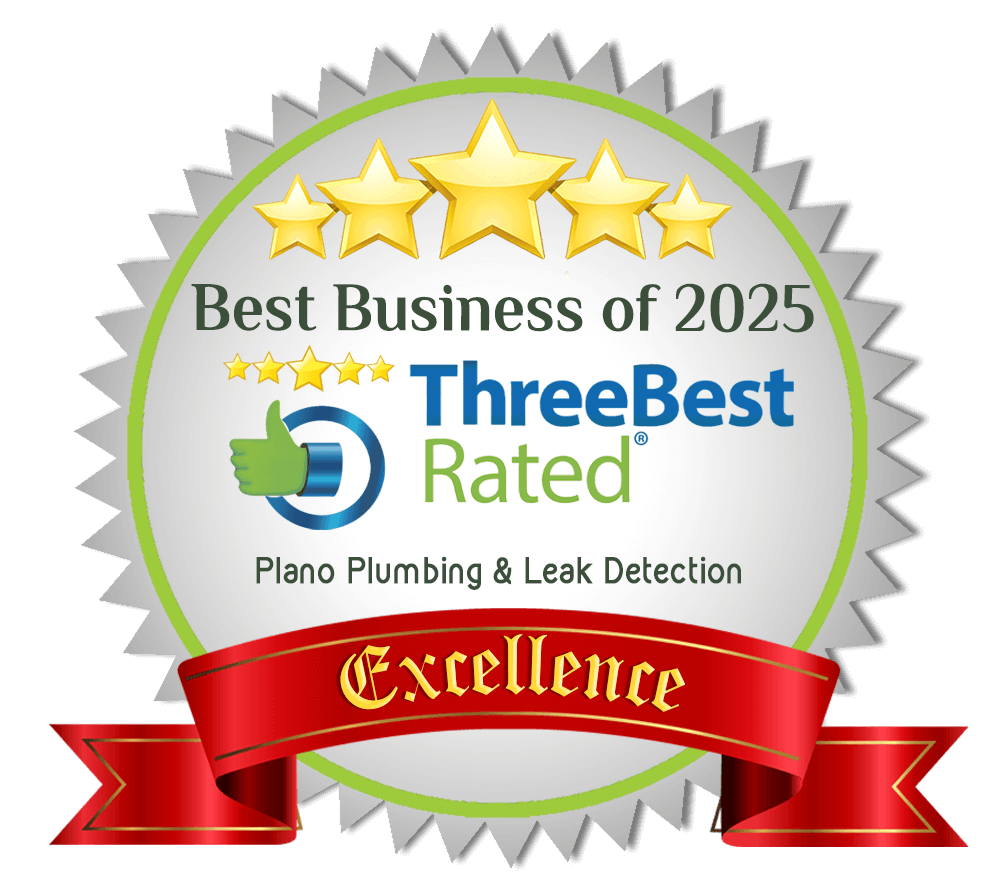Properly maintaining your home’s plumbing system is essential to guaranteeing a reliable supply of clean and safe water. Regular upkeep not only supports water quality but also prevents potential issues that could disrupt daily life. A well-maintained plumbing system contributes to better water quality and, in turn, a healthier home environment.
Do cast iron pipes need to be replaced, or will repairs be enough? Many owners of older homes frequently ask this question. Due to their unique and useful characteristics, cast iron pipes were once a popular choice for residential plumbing. However, despite their durability, they may still need to be replaced to keep your home’s plumbing up to date.
In this guide, we’ll answer several key questions, including the following:
- What are cast iron pipes?
- How reliable are they?
- Do cast iron pipes need to be replaced?
- What signs of deterioration should I be aware of?
- What replacement options are available?
- How can I get my cast iron pipes replaced?
What are Cast Iron Pipes?
Cast iron pipes were a popular choice for residential plumbing in the early 19th century, as they were known for their strength and resistance to corrosion. They were widely used in homes until the late 20th century, when PVC and other newer materials began to gain popularity.
Typically, cast iron pipes can last from 50 to 100 years. However, several factors can influence their longevity, such as:
- Soil Conditions: The type of soil surrounding your pipes can greatly affect their integrity. Acidic or highly moist soil can accelerate corrosion.
- Water Quality: Water with high levels of chlorine or other corrosive elements can wear down cast iron pipes over time.
- Environmental Factors: Tree roots and ground movement can intrude on your plumbing system, potentially leading to damage and degradation over time. You should immediately call plumbing and leak detection specialists if you see tree root intrusions or any other major signs of damage in your plumbing.
Understanding these factors is key to assessing whether your cast iron pipes are still in good condition or approaching the end of their lifespan.
Signs Your Cast Iron Pipes May Need Replacement
As a homeowner, it’s important to be attentive to indicators that your cast iron pipes might need replacing. Keep an eye out for these telltale signs:
- Rust and Corrosion: This could lead to leaks and further damage as corrosion or rust on the surface of your pipes are signs of deterioration.
- Frequent Clogs or Slow Drains: An indication that there is a build-up of debris inside the pipes or damage that hinders water flow.
- Water Discoloration: When there is brown or rusty water from your taps, it often indicates corrosion within the pipes. This compromises the water quality.
- Unpleasant Odors: If you detect foul odors near your drains, it could be a sign of sewer gas escaping due to cracks or leaks in your pipes.
- Leaks or Water Damage: Water stains on your walls or ceilings indicate there is a leak. Ignoring these signs can lead to extensive water damage and hefty repairs.
- Strange Noises in the Plumbing System: Gurgling or banging sounds in your plumbing can signal issues within your pipes, such as air trapped in the system or blockages.
It’s important to schedule maintenance work every one to two years with professionals who will look out for these factors. It is best, however, for homes older than 20 years to have pipe inspections annually. Also keep in mind that you should have your pipes checked after experiencing severe weather that may have damaged your home’s plumbing.
Risks of Ignoring Deteriorating Cast Iron Pipes
Ignoring the signs of deteriorating cast iron pipes can lead to several serious risks, including the following:
- Potential for Severe Water Damage: Leaks can quickly escalate and cause extensive damage to your home’s structure. Not only is it an inconvenience, but it can also be a major expense.
- Health Hazards: Moisture build-up in your home can lead to the growth of mold and mildew, which can pose a risk to a home’s residents.
- Increased Repair Costs Over Time: The longer you wait to address plumbing issues, the steeper the repairs may become. What starts as a minor issue can turn into major repair quickly when it comes to leaking pipes.
- Impact on Property Value: Deteriorating plumbing can significantly affect your home’s market value. Prospective buyers will likely be deterred by plumbing issues, leading to lower offers or difficulties in selling.
Do Cast Iron Pipes Need to Be Replaced?
If, after a professional inspection, it’s determined that your pipes are compromised or at the end of their lifespan, it is best to have them replaced. You have several options to consider for replacement, and understanding these methods can help you make an informed decision. Here are a few:
- Traditional Excavation Method: This involves digging up the existing pipes to replace them with new ones. While this approach allows for thoroughly inspecting your plumbing system, an important consideration is that it can disrupt your yard or driveway.
- Trenchless Technology: A more modern approach involves creating small access points to replace the pipes without extensive digging. This method is less intrusive to your property and can often be completed in a shorter time frame. However, it may come with higher upfront costs.
At Plano Plumbing, we utilize both methods to find the best solution for your needs, prioritizing efficiency and minimizing any disruptions to your home.
Why Choose Plano Plumbing?
When replacing cast iron pipes, it is essential to choose an experienced and reliable plumbing service. Plano Plumbing has built a solid reputation for dependable and effective plumbing solutions.
Our commitment to customer satisfaction is reflected in our exceptional workmanship and meticulous approach to plumbing issues. As recognized experts in cast iron pipe replacement, if you suspect that your cast iron pipes may need replacing, don’t hesitate to reach out to Plano Plumbing specialists. Call 972-672-8616 today to get a free estimate.

